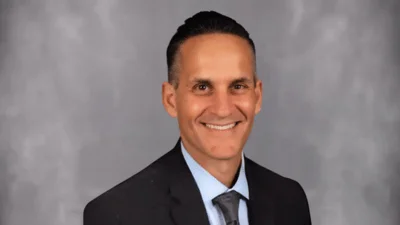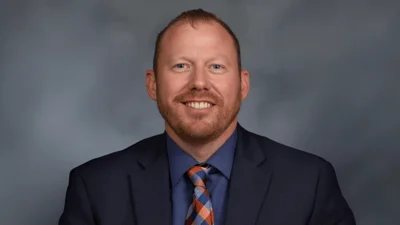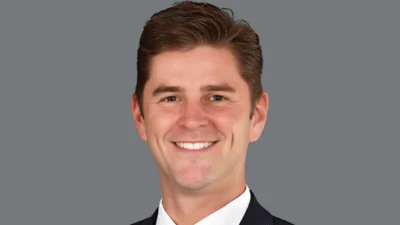Public sector employees and retirees could accept less than their constitutionally protected pensions if they understand it's them or public education, an economist said during an appearance on a recent Chicago-based radio show.
"One of the ways that you can get workers to sort of face that reality is to point out that this isn't a question of 'Can I keep my pension and somebody other than me has to pay a little more in taxes'," University of Georgia Economics Professor Jeffrey Dorfman said during a recent edition of "Illinois Rising." "This is really going to come down – and in Illinois, potentially very soon – to 'Do workers get to keep their pensions or do we have money to pay for kids to go to school?' In most states, K-12 education represents roughly half of the state budget. So if you're going to find this money from somewhere, that's where a lot of it is going to come from."
The ground swell of support for public education would help drive that through, Dorfman said. "Now, all of a sudden, you get some citizens' support and workers don't really want to argue that their very generous pension benefits are more important than having teachers in the classroom with your kids, for example," he said.

University of Georgia Economics Professor Jeffrey Dorfman
Dorfman also is a fellow at the Georgia Public Policy Foundation and a contributor at Forbes.
"Illinois Rising" is co-hosted by Dan Proft, who is a principal of Local Government Information Services, which owns this publication.
The Illinois Constitution includes a pension clause, which the state Supreme Court has interpreted to mean that any effort to diminish those benefits violates public employee and retirees rights. Talking public employees and retirees out of those rights probably is impossible but there is a way around it, Dorfman said.
"It's a valid argument to say 'I understand you want to keep everything that you have,'" Dorfman said. "But if you try for that, you might end up with nothing because the money won't be there. The easiest way to address the constitutional protection that Illinois and six other states have – and even states without those constitutional protections tend to have very tough laws that get to about the same place, making it very hard to cut pension benefits once awarded to employees – is to pass another constitutional amendment that removes that protection."
Illinois' pension crisis has done its bit to lower the state's credit rating, now at a record low. As was expected, Moody’s Investors Services and S&P Global Ratings downgraded Illinois’ credit rating on June 1 to one notch above noninvestment-grade or "junk" status after lawmakers failed to pass a budget that addresses the state's huge structural deficit by May 31. S&P also said that Illinois is on a negative credit watch, meaning the state's credit rating could be downgraded further, giving Illinois the lowest S&P bond rating of any state in the nation ever.
Fitch followed suit the following week.
Credit ratings have been steadily falling in Illinois in the two years the state has been without a balanced budget. In April, S&P downgraded the credit ratings of six Illinois universities. In January, Chicago Democrat Mayor Rahm Emanuel called upon Moody's to rescind the city's junk-bond status but Moody's made no move to do so.
By March, the state's deficit had grown to $9.6 billion with $130 billion in unfunded pension liability and $33 billion in unfunded state retiree health care. That same month, Moody's gave Illinois until the end of May to get its budget house in order or expect consequences, so the June 1 downgrade was not a surprise.
Addressing all that should include resolving what caused it, which is to change how public employees earn pensions in Illinois, Dorfman said. "The only way to both protect workers' retirement funds and the taxpayer from enormous future tax increases is for Illinois and other state and local governments to switch to defined contribution retirement plans," he said.
"That's 401(k) style, where money goes into an account every month with your name on it, state and/or local government can't steal it from you and unpaid bills won't pile up that taxpayers will have to deal with at some future date," Dorfman said.





 Alerts Sign-up
Alerts Sign-up